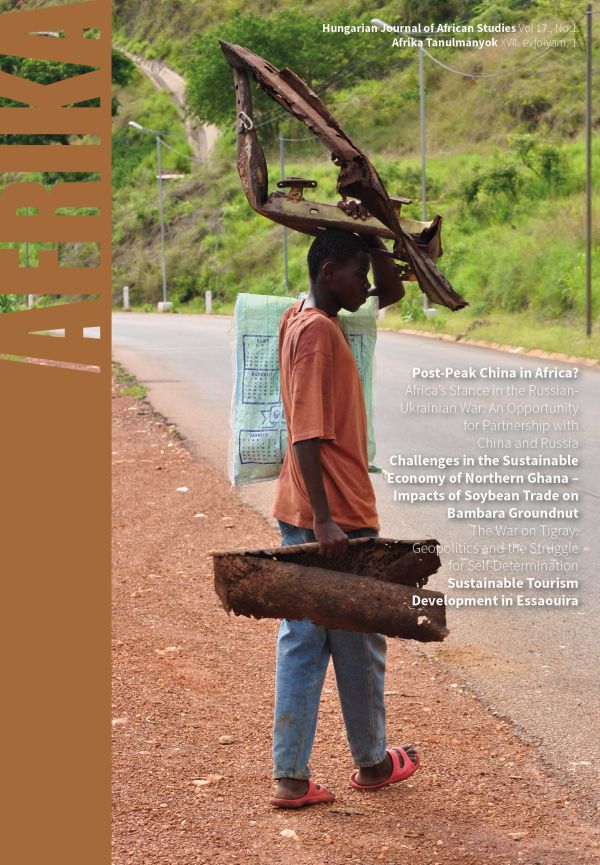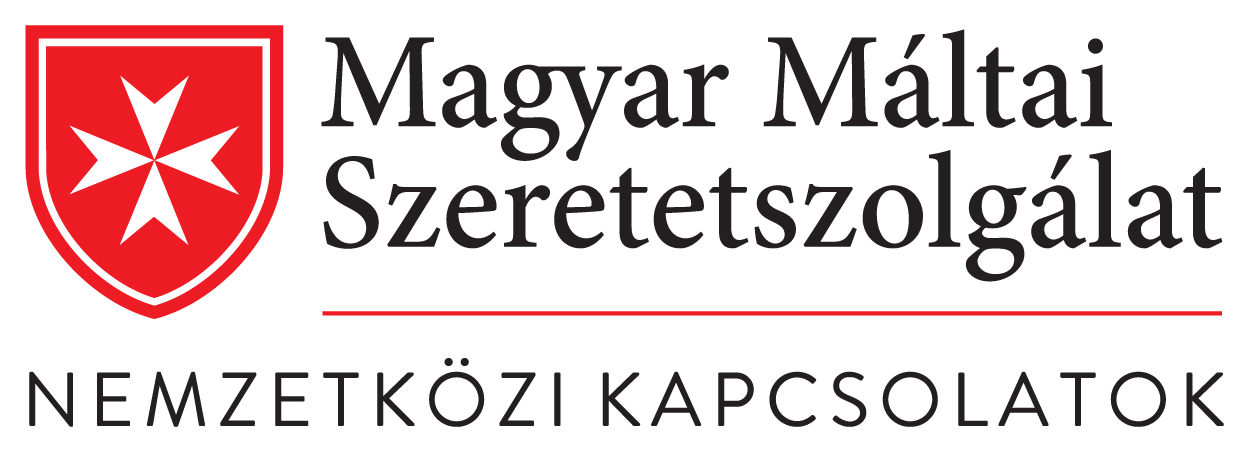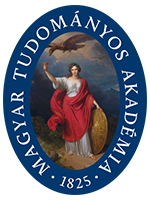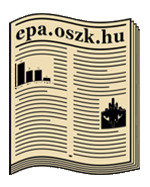‘We shall probably call the place Zaria, as it is such a pretty name’ – Medical discourse and town planning in Northern Nigeria, 1899–1914
DOI:
https://doi.org/10.15170/AT.2023.17.1.6Kulcsszavak:
Nigeria, history, colonialism, town planning, malaria, scienceAbsztrakt
Early colonial administrations faced multiple challenges in their daily work. In specific areas, administrators reached out to science as a tool to understand and support their decisions. Town planning was an issue that brought together Europeans and Africans, and therefore created common living and working spaces for them. It became an important issue immediately after the conquest of Northern Nigerian territories, especially because a growing number of Europeans started living in the region on a more permanent basis. Town planning often seemed an arbitrary policy, yet, as it is demonstrated in this paper, daily administration reached out to science as a helping tool to guide and validate their goals. Segregating Europeans from Africans was a question that very soon became a hotly debated topic, that was supported or rejected by some governors. This contested question shows that colonial policy was not by default racial based, let alone racist.
Downloads
Megjelent
Hogyan kell idézni
Folyóirat szám
Rovat
License

This work is licensed under a Creative Commons Attribution-NonCommercial-NoDerivatives 4.0 International License.
















